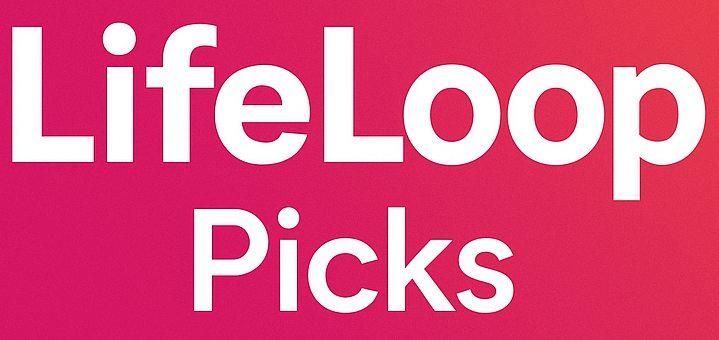Parenting doesn’t come with a manual, but words matter more than we realize. The things we say in tough moments shape how our kids see themselves and the world. I didn’t change overnight — but when I became more mindful of how I spoke, everything began to feel lighter.
Here are 20 common phrases I stopped using with my children — and what I’ve started saying instead:
1. “Stop crying.”
What I say now: “It’s okay to feel sad. I’m here with you.”
Crying is communication. Dismissing it teaches kids to hide emotions instead of understanding them.
2. “You’re fine.”
What I say now: “That looked like it hurt. Want to talk about it?”
Even if it seems minor to me, it’s big for them. Empathy builds trust.
3. “Because I said so.”
What I say now: “Here’s why this is important.”
Kids are more likely to listen when they understand the reason behind a rule.
4. “Good job.”
What I say now: “You really focused hard on that. How did you do it?”
Praising effort instead of outcome helps build a growth mindset.
5. “Hurry up.”
What I say now: “We have five minutes. Let’s do this together.”
Rushing creates stress. Collaborating builds cooperation.
6. “Be quiet.”
What I say now: “I need a softer voice right now. I’m still listening.”
Kids don’t need silence — they need guidance on how and when to use their voice.
7. “Don’t be scared.”
What I say now: “It’s okay to be scared. I’m with you.”
Validating fear helps kids move through it, not avoid it.
8. “What’s wrong with you?”
What I say now: “Looks like something’s bothering you. Want to talk?”
Shame shuts kids down. Curiosity opens up connection.
9. “You always mess up.”
What I say now: “Everyone makes mistakes. Let’s try again together.”
Mistakes are learning moments, not character flaws.
10. “You’re too sensitive.”
What I say now: “You feel things deeply, and that’s okay.”
Sensitivity is not a weakness. It’s often a superpower.
11. “I’m disappointed in you.”
What I say now: “That choice didn’t work out well. What can we do differently next time?”
Focusing on the behavior — not the child — teaches accountability.
12. “You’re being bad.”
What I say now: “That choice wasn’t safe. Let’s talk about a better way.”
Labeling a child as “bad” leads to shame. Addressing the action teaches responsibility.
13. “Don’t make me count to three.”
What I say now: “I need you to do this now. Can I help you get started?”
Clear, direct instructions work better than threats.
14. “I said no. End of story.”
What I say now: “I’ve thought about it and my answer is no, but I understand you’re disappointed.”
Acknowledging feelings doesn’t weaken authority — it strengthens respect.
15. “Big kids don’t cry.”
What I say now: “Everyone cries sometimes. It helps us feel better.”
Feelings are human, no matter the age.
16. “Act your age.”
What I say now: “I can see you’re having a hard time. Let’s figure this out together.”
Regulation takes time to learn. Guidance is better than guilt.
17. “Don’t embarrass me.”
What I say now: “Let’s talk quietly. I want to help you through this.”
Public correction can cause shame. Private support builds self-awareness.
18. “Stop being dramatic.”
What I say now: “I see this feels really big right now. Let’s talk through it.”
Every emotion is valid. Helping kids process it gives them tools for life.
19. “You never listen.”
What I say now: “I need your full attention right now. Can we try again?”
Labeling becomes a self-fulfilling prophecy. Direct connection brings better results.
20. “Go to your room!”
What I say now: “Let’s take a break to calm down and we’ll talk when we’re both ready.”
Time-outs don’t teach. Calm connection does.

